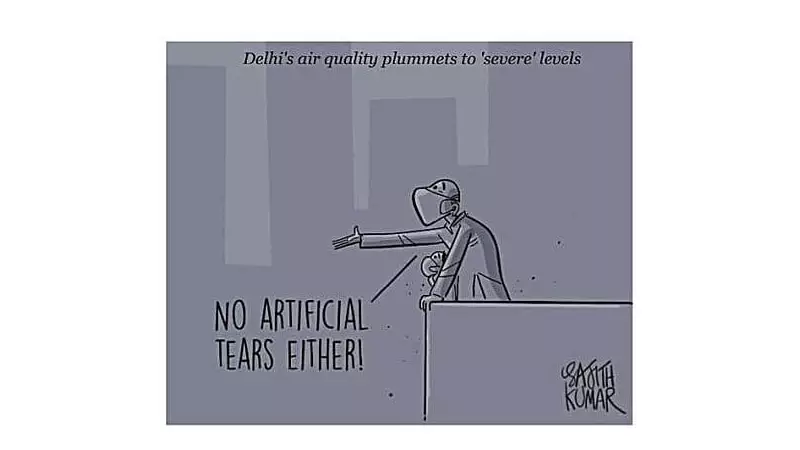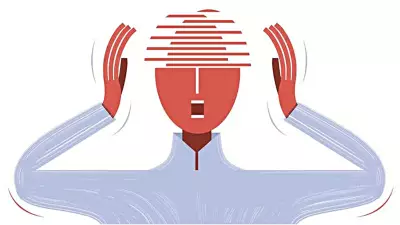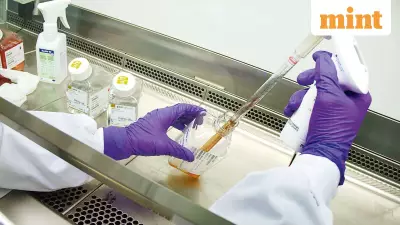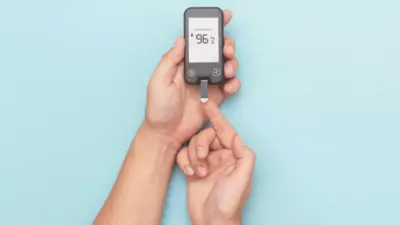
The national capital continues to gasp for breath as Delhi's air quality deteriorates to alarming levels, creating a severe environmental and public health crisis. The city remains shrouded in a thick blanket of toxic smog, with air quality indices consistently registering in the 'severe' to 'hazardous' categories.
The Invisible Emergency: What's Happening to Delhi's Air?
Multiple factors have converged to create this perfect storm of pollution. The combination of vehicular emissions, industrial pollution, construction dust, and seasonal agricultural burning in neighboring states has transformed Delhi's atmosphere into a toxic cocktail. Meteorological conditions, including low wind speed and temperature inversion, are trapping pollutants close to the ground, exacerbating the situation.
Health Impacts: Why You Should Be Concerned
The deteriorating air quality poses significant health risks, particularly for vulnerable groups:
- Respiratory problems: Increased cases of asthma, bronchitis, and lung irritation
- Cardiovascular issues: Higher risk of heart attacks and strokes
- Children and elderly: Greater susceptibility to pollution-related illnesses
- Long-term effects: Potential damage to lung development in children and increased cancer risk
What's Being Done? Government Response and Public Measures
Authorities have implemented several measures to combat the crisis, including the Graded Response Action Plan (GRAP), which involves:
- Restrictions on construction activities and diesel generators
- Increased public transportation services
- Traffic management measures
- Monitoring of industrial emissions
However, experts emphasize that these are temporary solutions to an ongoing problem that requires sustained, year-round attention and comprehensive policy changes.
Protecting Yourself: Essential Precautions
While long-term solutions are implemented, residents can take immediate steps to protect their health:
- Wear N95 or N99 masks when outdoors
- Limit outdoor activities, especially during peak pollution hours
- Use air purifiers indoors
- Keep windows closed during high pollution periods
- Stay hydrated and maintain a healthy diet to boost immunity
The situation demands urgent attention from policymakers, industries, and citizens alike. As Delhi continues to battle this annual environmental crisis, the need for sustainable solutions and collective action has never been more critical.





